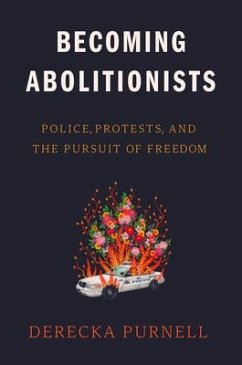Nicht lieferbar

Criminalization, Representation, Regulation
Thinking Differently about Crime
Herausgeber: Brock, Deborah; Murdocca, Carmela; Glasbeek, Amanda
Versandkostenfrei!
Nicht lieferbar
What is a crime and how do we construct it? The answers to these questions are complex and entangled in a web of power relations that require us to think differently about processes of criminalization and regulation. This book draws on Foucault's concept of governmentality as a lens to analyze and critique how crime is understood, reproduced, and challenged. It explores the dynamic interplay between practices of representation, processes of criminalization, and the ways that these circulate to both reflect and constitute crime and "justice."













